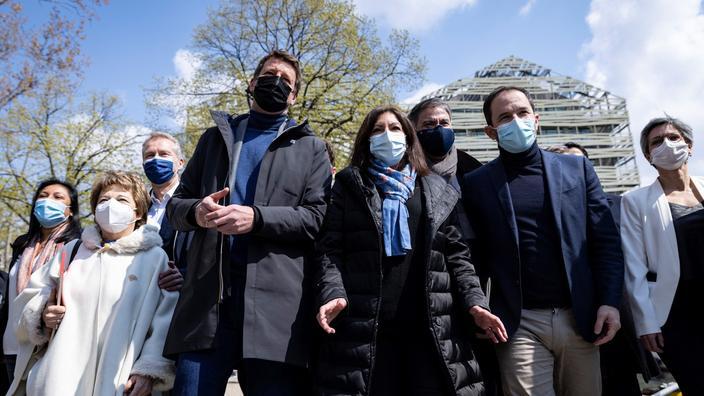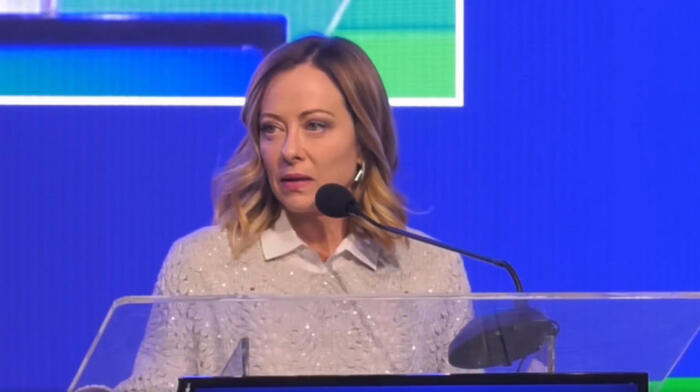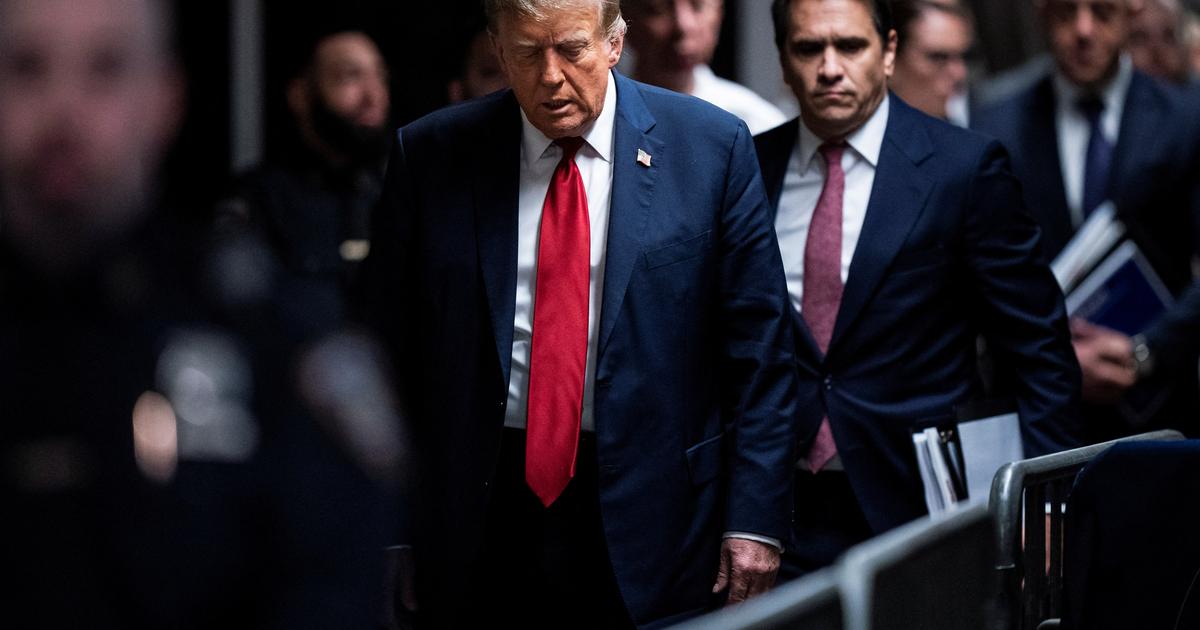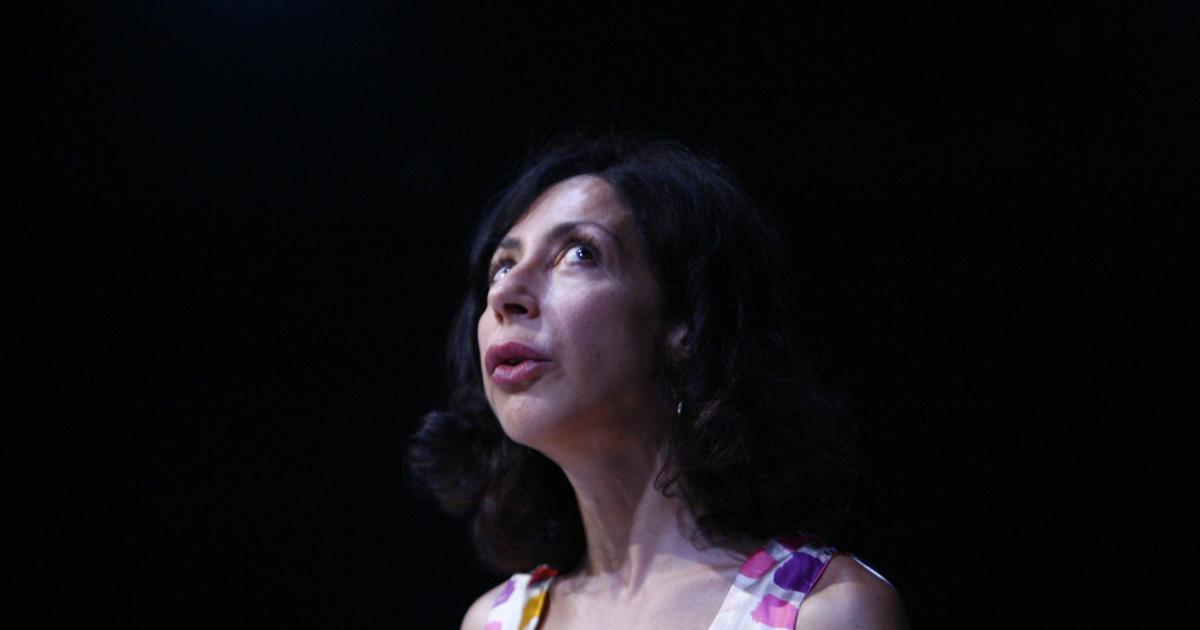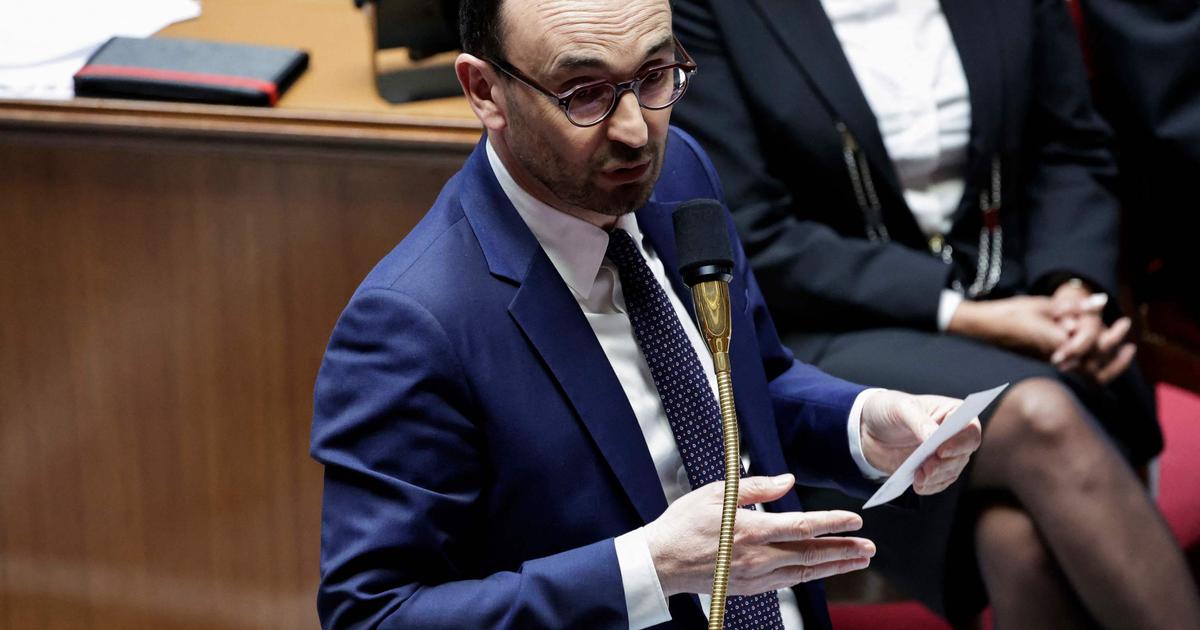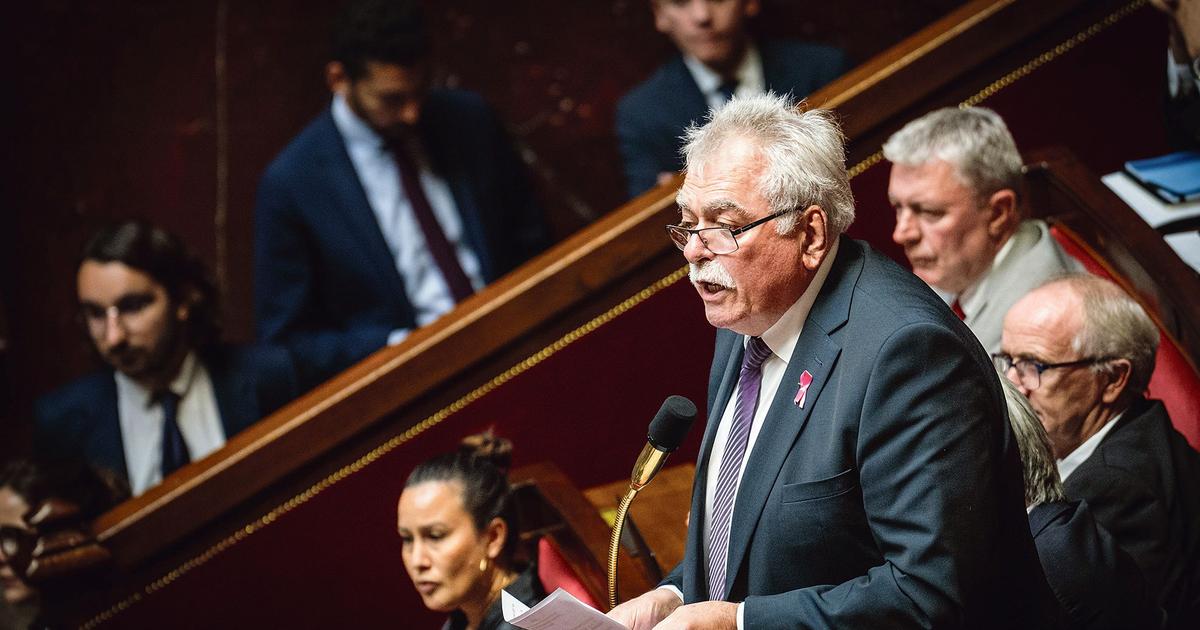Benjamin Morel is a lecturer in public law at the University of Paris II Panthéon-Assas.
FIGAROVOX. - The left is collapsing in the polls. Is it the French who are
"
rightizing
"
or is it the left which lacks attractiveness?
Benjamin MOREL. -
We must first of all consider that a good part of the population no longer builds its political identity around the left-right dichotomy.
The right-wing electorate is older and more attached to its political identity built over the long term.
The left relies on an electorate who can vote for it, but feels less concerned by an internalized identity, outside of militant circles.
The question does not relate to the conscious and structural membership of “the left” or to the “right”, but more on the sensitivity of the electorate to the offers of the various political currents.
Benjamin Morel
The question therefore does not relate to the conscious and structural belonging to “the left” or to the “right”, but more to the sensitivity of the electorate to the offers of the various political currents. On matters relating to security or immigration, the French are today rather tempted by the solutions brought by the right. The CSA poll published yesterday for CNEWS shows that four out of ten French people are for zero immigration. However, this is far from being the case on the social question. An IFOP for Humanity survey in May 2021 shows that 78% of French people want to restore the wealth tax, 83% want to tax the dividends of shareholders of the largest companies, 81% believe it is necessary to increase the minimum wage by 200 euros net.
When La France Insoumise carried out an investigation a few months ago on its program, most economic and social measures were acclaimed.
The problem is that the social question is little highlighted by the media, and especially by the left itself, which prefers to dwell on societal subjects that speak to its activists, but little to the French.
Read alsoAnne Hidalgo under the threat of unnecessary voting
Can their debacle announced in opinion studies push them to ally?
We must stop thinking that by combining parties we aggregate voters.
An IFOP survey for the October 2020 Challenge on a single candidate on the left is therefore interesting.
If everyone shows up, Jean-Luc Mélenchon makes 11%, Yannick Jadot 6% and Anne Hidalgo 6%.
In the hat of the magicians of the union, a single candidacy would then be the key to the second round!
11 +6 +6 = 23!
Almost as much as Macron!
Zemmour, ridiculous!
Le Pen, laughable!
Yet when the survey probes Jean-Luc Mélenchon, the only candidate for the left, that makes 15%, Yannick Jadot and Anne Hidalgo, 13%.
None of these candidates can unite on his behalf the whole of the electorate of the left.
Wanting to reduce everything to a candidacy is to push voters to abstain or to vote elsewhere.
Benjamin Morel
If Anne Hidalgo were to withdraw tomorrow in favor of Yannick Jadot, his voters would leave as much at home as at Macron or Mélenchon. If Mélenchon withdraws, his voters will partly take refuge in abstention, or even in the Le Pen vote. None of these candidates can unite on his behalf the whole of the electorate of the left. Wanting to reduce everything to a candidacy is to push voters to abstain or to vote elsewhere. Rather than fighting in its small, cramped political space, the left should work to enlarge it.
On this point Yannick Jadot and Anne Hidalgo start losing.
A large part of their potential electorate is held by Macron, who, barring an industrial accident, will not return it to them.
By relying on a rather easy sociology, urban and connected to ecology and society, they have few reserves of votes in the abstention.
At this stage, only Jean-Luc Mélenchon, even Arnaud Montebourg, has this capacity to mobilize the abstainers and to create a dynamic of extension of the electorate.
Read also Presidential 2022: Jean-Luc Mélenchon fails to take off on the left
The “yellow vests” had, for a time, put social issues back at the center of the game. How can we explain that the left did not take advantage of it? Is this one of the keys to understanding their unpopularity?
Here again, this is due to the inability of the left to put on the agenda the themes on which it is in the majority. When he puts forward the notion of creolization, Jean-Luc Mélenchon hopes to mobilize part of the electorate, especially in the suburbs, by offering a counter-discourse to that carried by the right on immigration. Will the strategy pay off in terms of mobilization? We will see… But by doing this, it contributes to positioning the debate not on the social question, but on subjects where it is today structurally in the minority.
The choice of Yannick Jadot at EELV is presented as that of realism.
From an economic point of view, it is indeed the choice of a more liberal approach.
But precisely !
It is on this conception of the economy that the right is today in the minority and the left in the majority.
On societal issues, Yannick Jadot, however, is not moderate.
EELV proposes, among other examples, a broad regulation of undocumented migrants and a “differentiated federalism” leading to breaking the unity of the country on a Spanish model, thus imposing on it a communitarianism on a territorial basis.
Playing politics is not only responding to the demand of voters, it is also convincing them of an offer which, even if it is iconoclastic, can change their values and guide their choice.
Benjamin Morel
The political scientist Jérôme Sainte-Marie speaks of a new cleavage between “elite bloc” and “popular bloc”. In this context, is the left-right divide still relevant?
The left-right divide has evolved throughout history.
It was first structured around the regime (Republic or Monarchy), then secularism and finally the sharing of wealth.
More than the principle of left and right, it is the question which leads society to divide into two camps, leading to both a simplification and a stronger political identification, which is asked.
The opposition popular bloc and elite bloc is interesting in this sense. We see today that the CSP- continue to vote the Pen while the CSP + go to Zemmour. The fact remains that for the moment the whole is very unstable. The right-left divide no longer seemed to be worth a tripet five years ago in Great Britain, Germany or Spain; it finally became structuring again. In other countries, it has indeed collapsed. There is no certainty, no fatality, no immutable law in politics. We are not in the field of theoretical physics, but the human too human.
The way in which politicians and political groups will know how to respond to changes in society and the electorate will condition their survival.
It will also tend to transform this same electorate.
Playing politics is not only responding to the demand of voters, it is also convincing them of an offer which, even if it is iconoclastic, can change their values and guide their choice.

